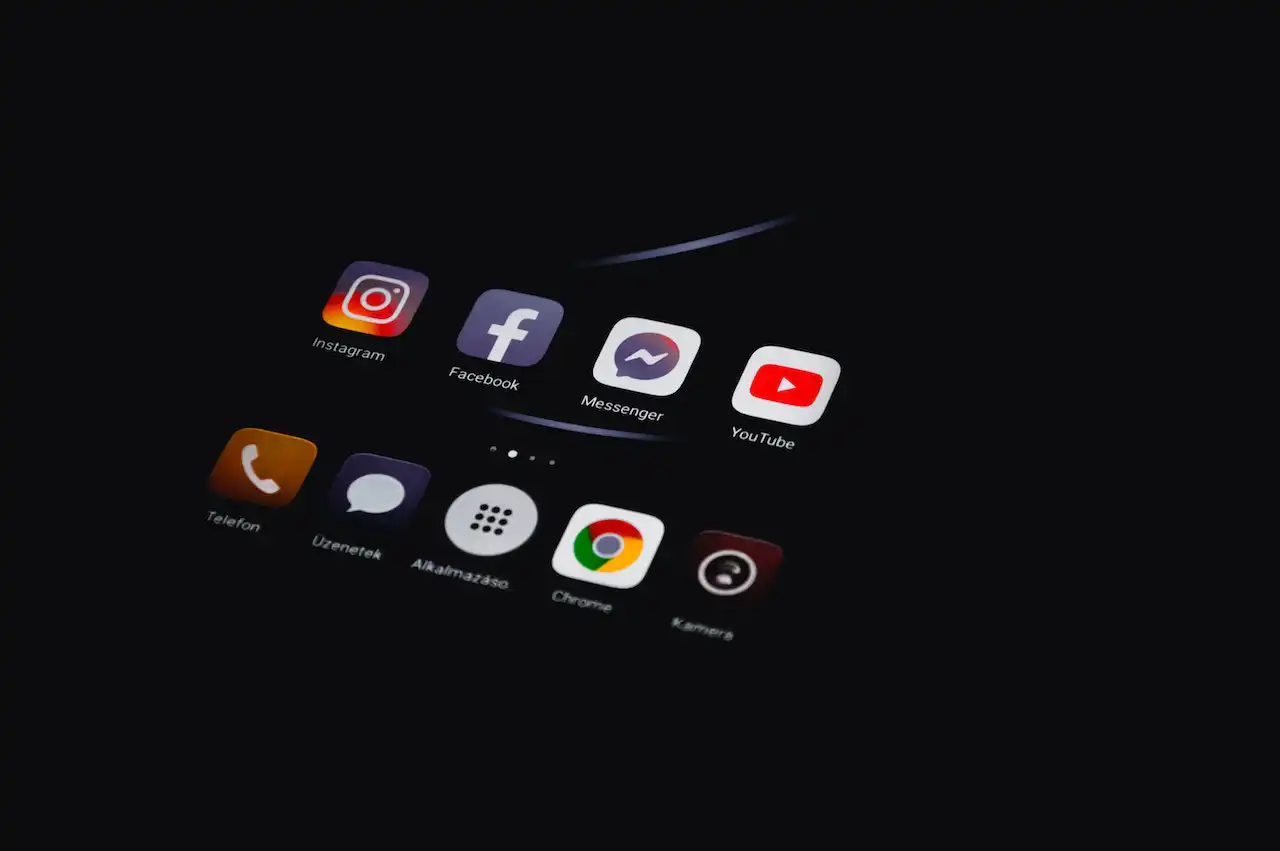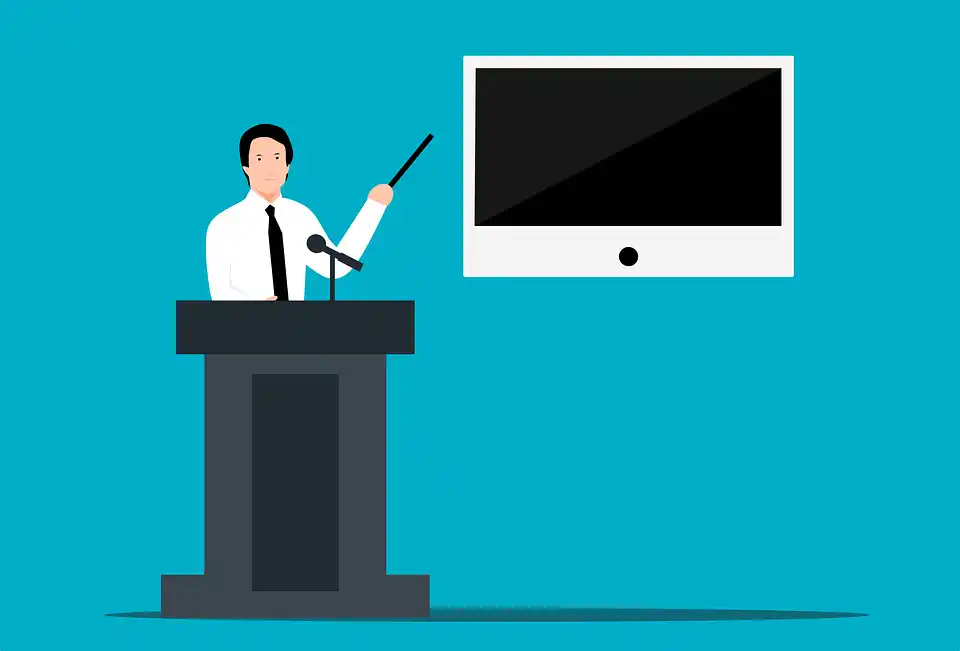The rise of social media has been a game-changer in the way people interact with each other, as it allows individuals to connect with friends and family members more conveniently and instantaneously. However, despite its many benefits, social media has also been linked to several negative effects on mental health. In this article, we will explore the impact of social media on mental health, including its potential benefits and risks.
Benefits of Social Media
While social media has been associated with several negative effects, it is important to acknowledge that it also has many benefits. One of the main benefits of social media is that it can be an effective tool for promoting mental health awareness and reducing the stigma surrounding mental illness. Social media platforms can be used to share information about mental health, connect individuals with mental health resources, and provide support and encouragement to those struggling with mental health issues.
Additionally, social media can help individuals stay connected with others, especially during times of social distancing and isolation. Social media platforms can facilitate virtual gatherings and allow individuals to stay in touch with loved ones from anywhere in the world. This can be particularly beneficial for individuals with social anxiety or other mental health conditions that make it difficult to socialize in person.
Risks of Social Media
While social media can provide many benefits, it has also been linked to several negative effects on mental health. One of the most commonly cited risks of social media is its potential to contribute to feelings of anxiety, depression, and other mental health issues. Studies have shown that individuals who spend more time on social media are more likely to report feeling anxious or depressed, and may be more likely to experience poor sleep and lower self-esteem.
One of the reasons social media can be harmful to mental health is the constant comparison to others that can occur. Social media platforms often present carefully curated versions of people’s lives, and it can be easy to fall into the trap of comparing oneself to others. This can lead to passions of inadequacy, jealousy, and low self-esteem.
Additionally, social media can be a source of cyberbullying, which can have serious negative effects on mental health. Cyberbullying can beget passions of anxiety, depression, and indeed suicidal creativity. It’s important for individuals to be apprehensive of the pitfalls of cyberbullying and to report any cases of importunity or bullying to the applicable authorities.
How to Use Social Media Safely
Despite the potential risks associated with social media, it is possible to use these platforms in a way that promotes mental health and well-being. Then are some tips for using social media safely:
- Limit your time on social media: Spending too much time on social media can be harmful to mental health. Set a diurnal time limit for social media use and stick to it.
- Be mindful of what you post: Be aware that everything you post on social media can be seen by others, so be mindful of the impact your posts may have on others. Avoid posting content that may be triggering or offensive to others.
- Practice self-care: Make sure to take breaks from social media and engage in self-care activities, such as exercise or meditation, to promote mental health.
- Engage with positive content: Follow social media accounts that promote positive messages and avoid accounts that may be triggering or negative.
- Seek help if needed: If you are struggling with mental health issues, reach out to a mental health professional for help. They can give support and guidance to help you manage your symptoms.
Conclusion
Social media has had a profound impact on the way people interact with each other, but it is important to acknowledge the potential risks associated with these platforms. While social media can provide many benefits, it can also contribute to feelings of anxiety, depression, and other mental health issues. By using social media safely and mindfully, individuals can still enjoy the benefits of these platforms without compromising their mental health.
Social media companies need to take responsibility for their impact on mental health and work towards implementing changes that prioritize user wellbeing. This includes measures such as providing resources for mental health support, implementing features that promote positive interactions, and limiting harmful content.
Additionally, individuals can take steps to protect their mental health while using social media. This includes setting boundaries for social media use, limiting exposure to negative content, and prioritizing in-person social interactions.
Overall, the impact of social media on mental health is complex and multifaceted. While social media has the potential to improve communication, foster connections, and provide access to valuable resources, it can also have negative effects on mental health. By recognizing these risks and taking steps to mitigate them, individuals can still enjoy the benefits of social media while prioritizing their mental well-being.
Also, you can read about Tips to better sleep.
If you want to know more about the same topic go to this website.

















